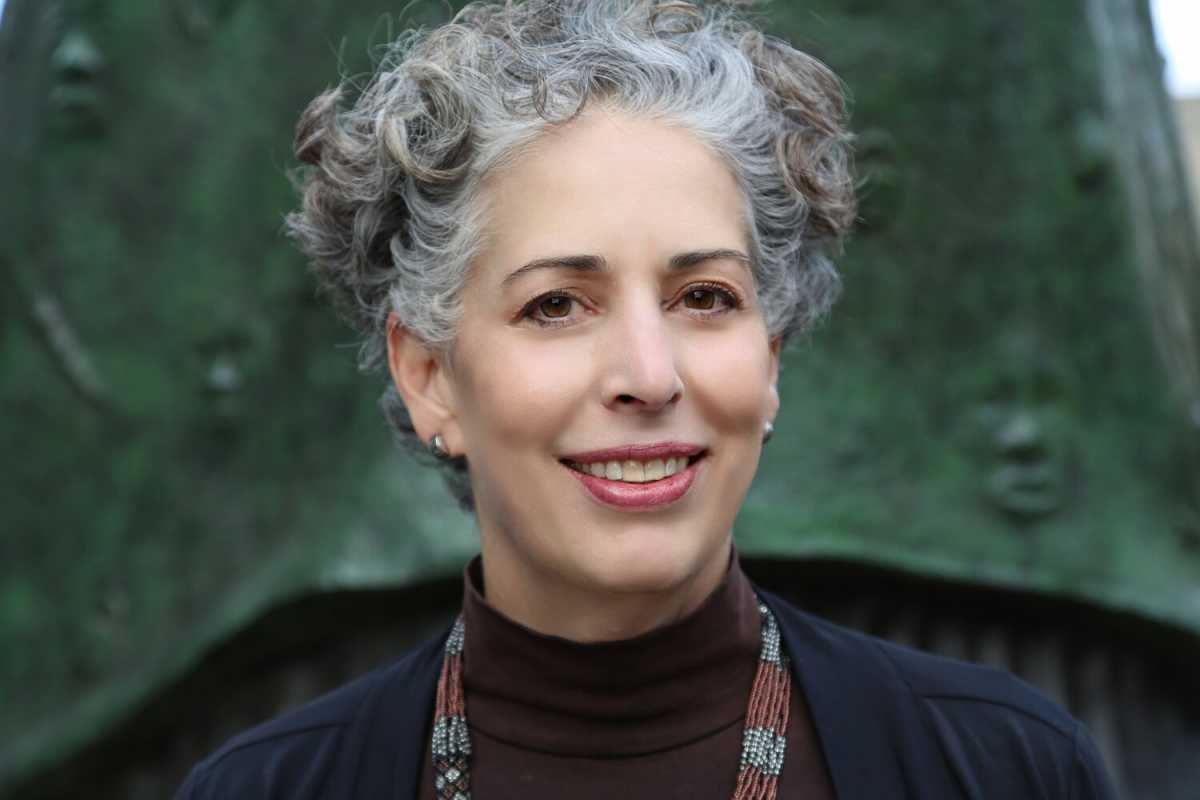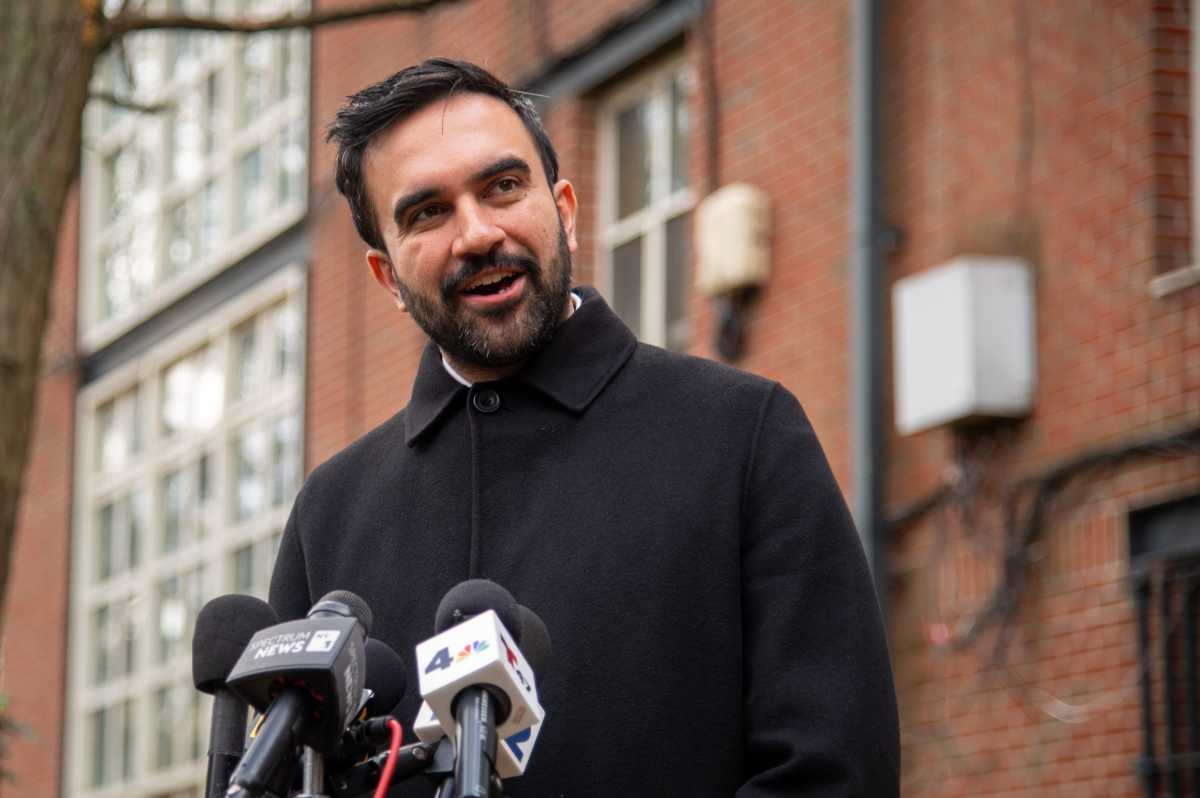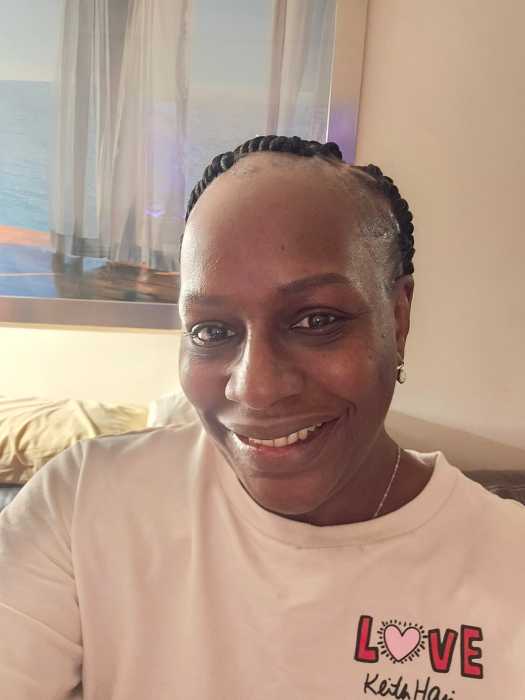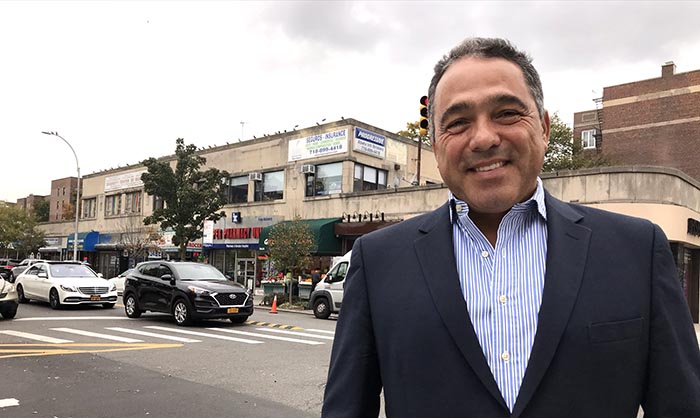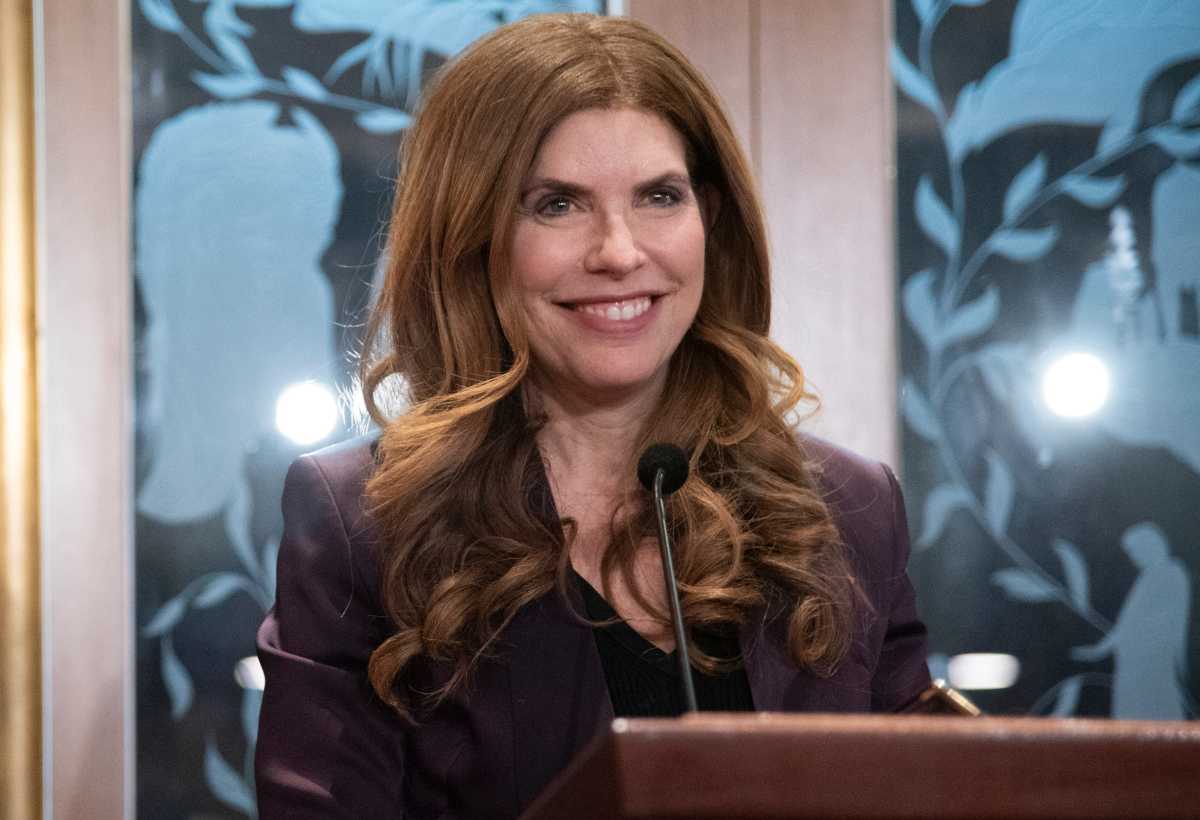It’s no secret that social media has become an integral aspect of the way we communicate in today’s world, including for teens. As these platforms shape trends, offer community resources, and foster connection, it’s also important that parents are able to ensure the experience that their children have through social media is safe. With the constantly evolving landscape of today’s social media apps, our current set of antiquated rules make it nearly impossible for parents to keep up and keep their kids safe, which is why we need a federal, common sense solution that increases social media safety for users under the age of 16.
I work as a literacy advocate on the Dyslexia (Plus) in Public Schools Task Force. We strive to ensure kids are well-equipped with the literacy tools they need to have a successful education. Sadly, we see children who were not taught to read and write watching social media reels and looking at visual posts, and they are especially vulnerable to the social media rabbit hole. It’s hard to teach media literacy when a child is not literate. And when 60% of children are not proficient readers we have a crisis in many facets of life, including the social media umbrella.
We need a straightforward, comprehensive approach to parental safeguards for minors’ safe use of social media. In response to safety concerns that have surfaced in recent years, some platforms offer parental control features, and states across the country have been implementing laws to ensure online safety for teen users. While helpful first steps, these features are not a guarantee of safety and the wide variation in rules can make it confusing and difficult for parents. Busy parents can’t keep up with the individual settings of each app their child is using, or the patchwork system of laws created on a state-by-state basis. Especially as new platforms pop up almost every other week, it is becoming increasingly difficult to keep our kids safe online.
The solution here is to standardize parental control settings to the hub where we all initially download our social media platforms: the app store. Federal action requiring parental approval for social media downloads for users under the age of 16 would help alleviate the complexities of a state-by-state, app-by-app approach. By implementing age verification and parental approval for users at the app-store level, we can enable parents to make simpler decisions as to whether or not their child is ready to download an app.
This not only standardizes varying state laws to comprehensive federal regulation, making baseline safety a uniform practice throughout the country, but also creates better privacy standards for all users. By validating a teenager’s age through the app store, individual apps would not need to collect additional potentially sensitive personal information.
We need a new set of federal rules that alleviate the safety concerns that have arisen in recent years regarding a safe social media experience for minors. That requires congressional action to ensure kids are kept safe online, while also being able to make the most of what the internet and social media has to offer. Age verification through the app store with parental approval is the most streamlined, common sense solution for setting up our teens for success. The bottom line is that parents need these tools, and our kids deserve them.
Debra “Debbie” Meyer is a Harlem-based literacy advocate and founding member of the Dyslexia (Plus) in Public Schools Task Force, a small group of community leaders working to help students with dyslexia and related language-based disabilities thrive in their neighborhood schools. In 2018, she was named a member of the fifth cohort of Columbia Community Scholars to study the role of universities in mitigating the dyslexia to prison pipeline.


